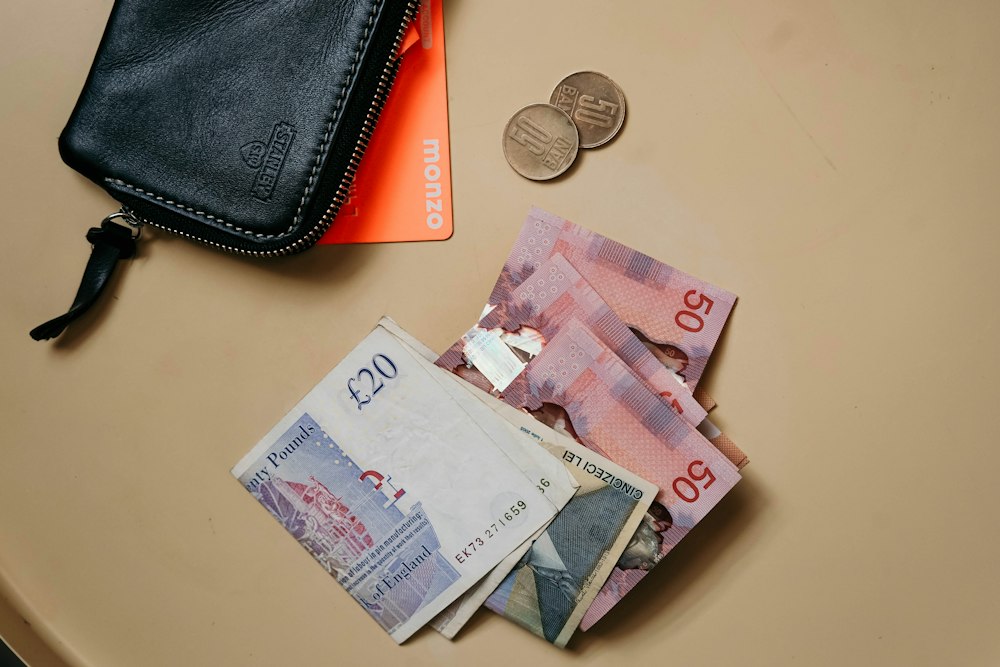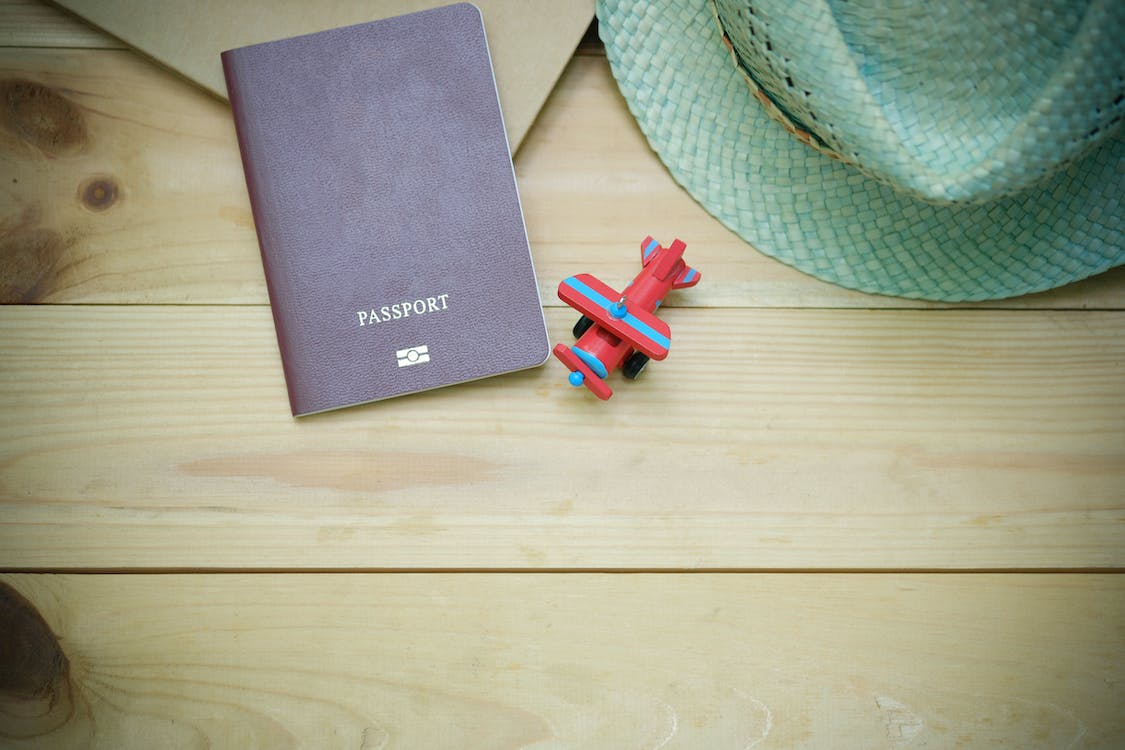Preparing for international travel involves more than just packing; it requires understanding what you can and cannot carry outside or into the UK. One common concern that raises questions is the transportation of cash. Knowing the regulations surrounding the movement of money is essential to avoid complications during your journey.
Navigating Cash Regulations
If you are carrying more than a certain amount of cash while crossing borders, you must declare the amount with customs. This means informing customs about the substantial amount of cash you are carrying. The declaration process helps ensure that your financial transactions are transparent when you’re travelling between countries.
Legal Limits and Reporting Requirements
Carrying cash exceeding £10,000 mandates a declaration to UK customs when journeying between Great Britain and a non-UK country. Even in family or group travel, a collective declaration is required, irrespective of individual amounts. Specific rules apply when venturing to Northern Ireland with over €10,000.
The Declaration Process
When handling the cash, you’re carrying across borders, there’s a formal process you need to follow. Let’s take a closer look:
Pre-Declaration Process
Before you embark on your international journey, there’s an option to make things easier. You can complete the declaration process online 72 hours before your travel or upon arrival in the UK.
Prepare to provide detailed information, including the individuals involved, their passport or ID document numbers, addresses, journey specifics, the amount and type of cash, and the source of funds—details encompassing the country of origin and the method of generation.
Declaration Methods
There are formal ways to declare your cash; one of the most convenient is through the online platform. This applies to different travel scenarios, such as journeys between Great Britain and other countries, trips to Northern Ireland and non-EU nations, or travels from Great Britain to Northern Ireland.
If online methods aren’t your preference, you can also make declarations over the phone by contacting the Customer Service Group at 0300 322 9434.
You can also declare the cash upon arrival in the UK. You must follow signs for ‘goods to declare’ or the ‘red channel. You must inform a Border Force officer of your intention to declare cash. You may receive a paper form and can ask for assistance in completing the declaration.
Cash Types to Declare
The range of cash subject to declaration includes notes, coins, bearer bonds, travellers’ cheques, and unsigned cheques. Additional items such as money orders, gold coins, bullion, nuggets, and prepaid cards must also be declared if your travels involve Northern Ireland.
Penalties for Non-Declaration
Avoiding the declaration process comes with serious repercussions. If you choose not to declare your cash, Border Force officers have the authority to seize it, and you may face penalties of up to £5,000.
Customs authorities can also hold onto the cash for 48 hours if there’s a reasonable suspicion of a crime, after which a court order becomes necessary for further retention. It’s crucial to adhere to the declaration requirements to ensure a smooth and lawful international journey.
Appeal Process
In case of disagreement with a penalty, you have a 30-day window from the penalty notice to appeal. Address your concerns in writing to the Fraud Investigation Service, clearly articulating the reasons for your disagreement.
Conclusion
Compliance with these regulations goes beyond avoiding penalties; it contributes to the security and integrity of the UK’s financial system. Stay well-informed, adhere to the guidelines, and ensure a smooth, lawful cash transport experience within the defined legal boundaries set by customs authorities.



